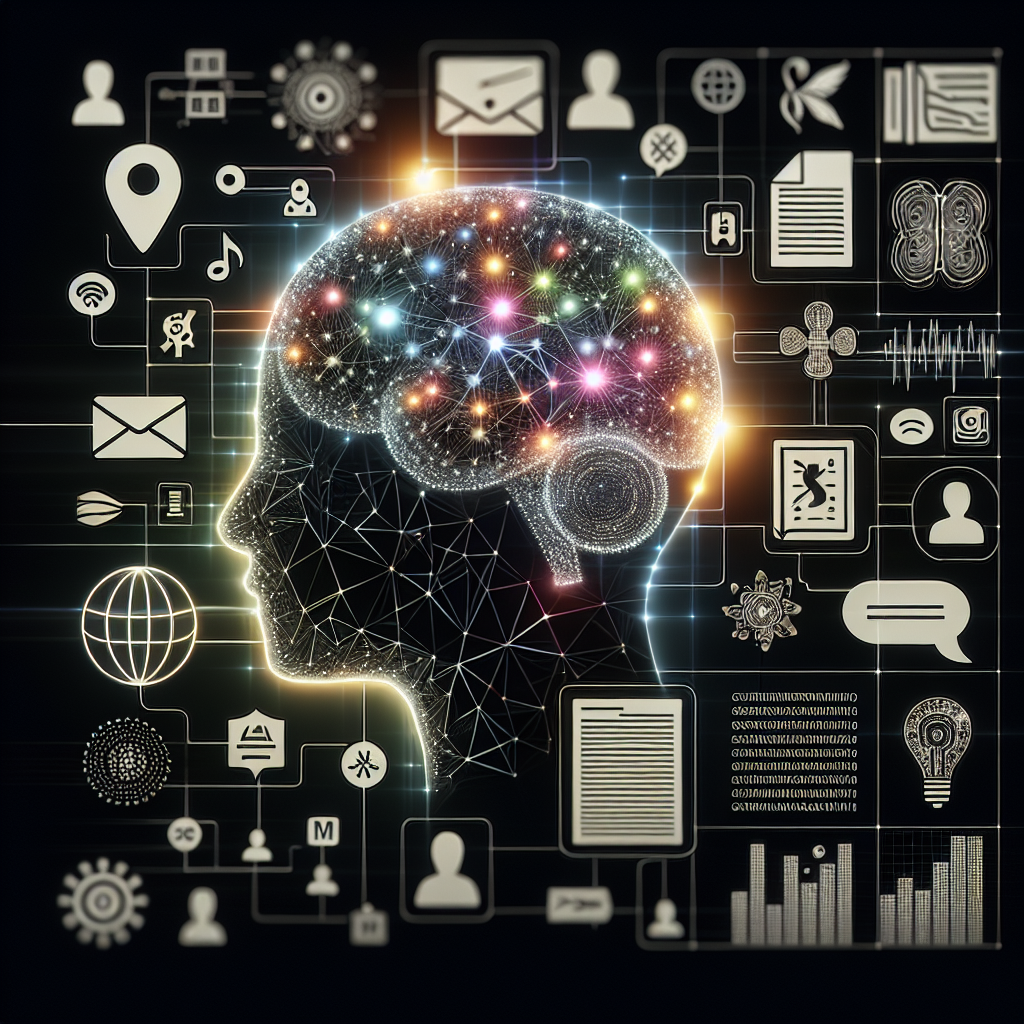Artificial Intelligence (AI) has revolutionized the way we interact with technology, and one of the most exciting applications of AI is in Natural Language Processing (NLP). NLP is a subfield of AI that focuses on enabling computers to understand and generate human language. AI platforms play a crucial role in NLP by providing the infrastructure and tools needed to process and analyze vast amounts of text data.
The Role of AI Platforms in NLP
AI platforms are essential for NLP tasks because they provide the computational power and algorithms necessary to process and analyze text data. These platforms typically include a combination of machine learning models, natural language processing libraries, and data processing tools that enable developers to build and deploy NLP applications.
One of the key components of AI platforms for NLP is machine learning models. These models are trained on large datasets of text data to learn patterns and relationships in language. For example, a machine learning model could be trained on a dataset of customer reviews to learn how to classify them as positive or negative. These models are then used to perform tasks such as text classification, sentiment analysis, and language translation.
Another important component of AI platforms for NLP is natural language processing libraries. These libraries provide pre-built tools and functions for common NLP tasks, such as tokenization, part-of-speech tagging, and named entity recognition. By using these libraries, developers can save time and effort when building NLP applications.
Data processing tools are also crucial for AI platforms in NLP. These tools enable developers to clean, preprocess, and analyze text data before feeding it into machine learning models. For example, data processing tools can be used to remove stop words, normalize text, and extract features from text data. By using these tools, developers can improve the accuracy and performance of their NLP applications.
Overall, AI platforms play a vital role in NLP by providing the infrastructure and tools needed to process and analyze text data. These platforms enable developers to build and deploy NLP applications quickly and efficiently, leading to new and innovative ways of interacting with technology.
FAQs
Q: What are some common NLP applications that use AI platforms?
A: Some common NLP applications that use AI platforms include chatbots, sentiment analysis tools, language translation services, and speech recognition systems.
Q: How do AI platforms improve the accuracy of NLP applications?
A: AI platforms improve the accuracy of NLP applications by providing advanced machine learning models, natural language processing libraries, and data processing tools that enable developers to build more robust and efficient NLP systems.
Q: Can AI platforms be used for multilingual NLP applications?
A: Yes, AI platforms can be used for multilingual NLP applications by training machine learning models on multilingual text data and using language translation tools to process and analyze text in different languages.
Q: How are AI platforms changing the way we interact with technology?
A: AI platforms are changing the way we interact with technology by enabling more natural and intuitive communication with computers, leading to more personalized and responsive user experiences.
Q: What are some challenges of using AI platforms for NLP?
A: Some challenges of using AI platforms for NLP include data privacy concerns, bias in machine learning models, and the need for large amounts of training data to build accurate NLP applications.

